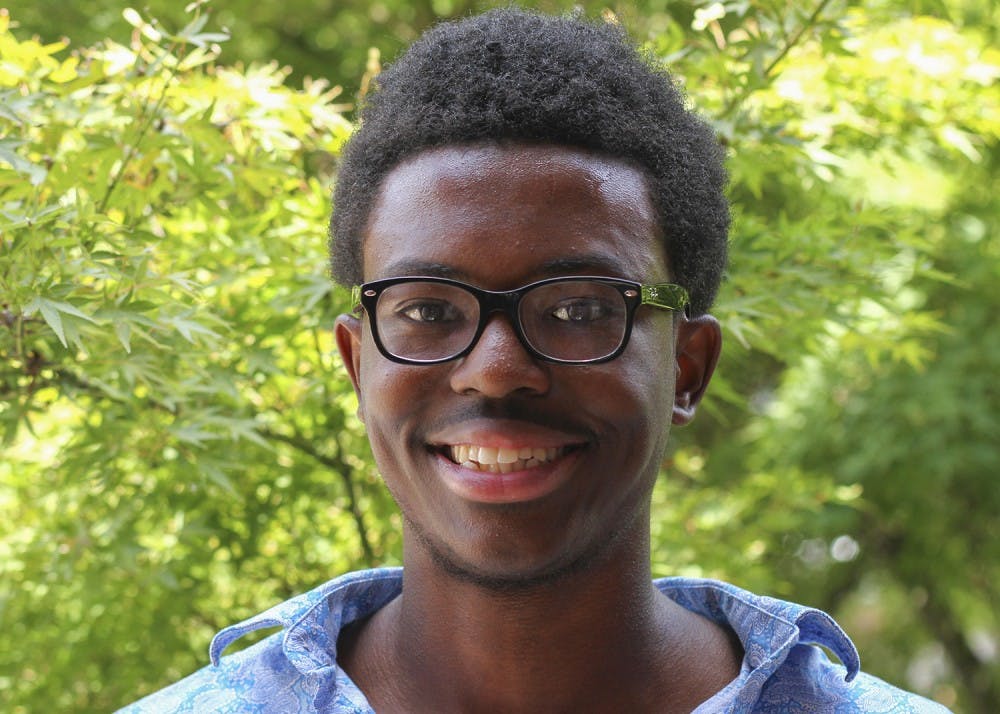I’ve heard it said: “The blacker the berry, the sweeter the juice.” It’s a popular proverb meant to provide affirmation of black bodies, something that has become more necessary in the wake of recent violence. But how valuable is black skin when shrouded in the oppression of whiteness?
Kendrick Lamar’s newest release, “The Blacker The Berry,” which immediately followed the Grammys, is a profound and racially charged diatribe aimed at criticizing the institution of anti-blackness that pervades the U.S. Lamar’s line, “the blacker the berry, the sweeter the juice/the blacker the body, the bigger I shoot” deconstructs what should be regarded as a celebration of blackness and corrupts this imagery with a grim reality.
Lamar alludes to testimony given by police held not responsible for the deaths of unarmed black bodies that uses racially provocative descriptors to justify their shooting.
“It’s such a shame, they may call me crazy,” raps Lamar, in reference to using stereotypes to dismiss his perspective, as he stated in a Billboard Magazine interview about rioting.
Now, I am not in agreement with Lamar’s perspective that rioting is a product of a lack of self-love. But I am saying this conversation must begin and end within the black community. Insulting one another or dismissing another person of color’s perspective is a concession to whiteness and greater evidence of pervasive racism.
The rap itself is deeply written enough to defy comprehensive analysis — each line is as complicated as the previous. Among my favorites: “You vandalize my perception but can’t take style from me/and this is more than confession.” Lamar touches upon cultural appropriation, a means by which items of cultural significance are co-opted for the purpose of frivolous entertainment. Lamar will not stand for such an intrusion upon his identity.
There have been some who would criticize Lamar’s third verse for its overtones of “respectability politics.” Although this point is well taken, there is the contradiction that the plight of the black community, which includes violence against blacks by blacks, is a product of whiteness. This critical tone means Kendrick’s diatribe is more of a call to action than just a rant.
As always, his allusions and wordplay create complexity that succeed in both making a point and eliciting an emotional response. What better way to appreciate black lives during the month of February than by undermining the unstated and unconscious project of whiteness to deny blackness in this racist country?
Each of Lamar’s three verses begins with the line, “I’m the biggest hypocrite of 2015,” referring to either his expanding consciousness or duplicitous role in anti-blackness. And perhaps Lamar is a hypocrite. While proud of his blackness, he realizes that his culture is inextricable from whiteness. Lamar’s understanding of hypocrisy is contradictory, as is the definition of racism. But both are necessary for understanding black bodies in this space and the violence that happens against them.




